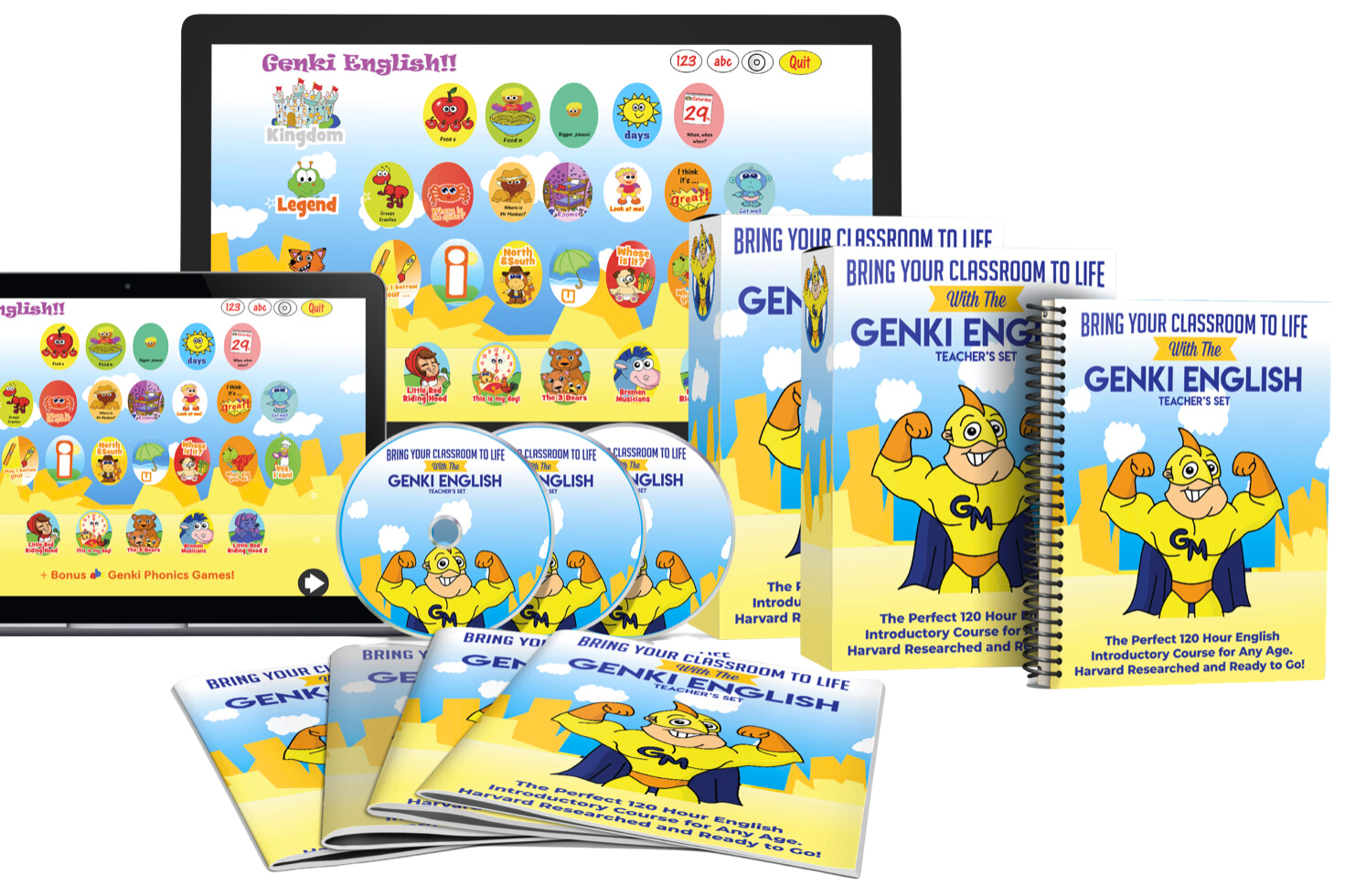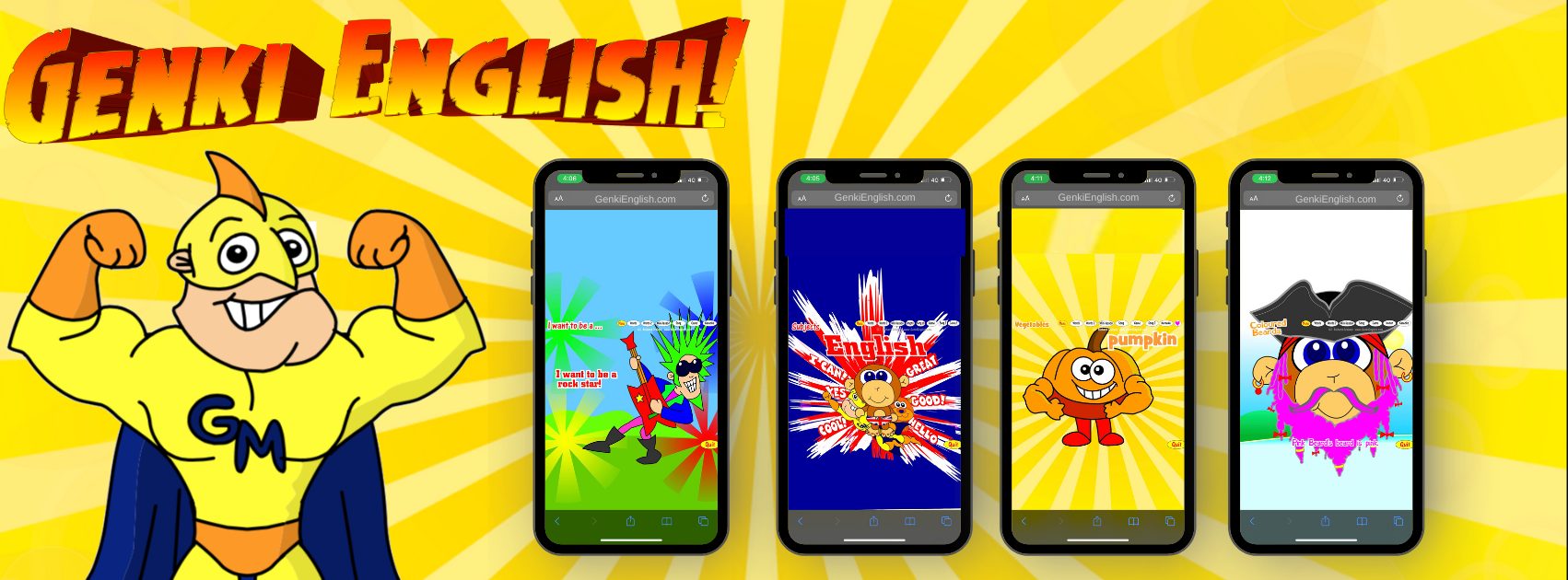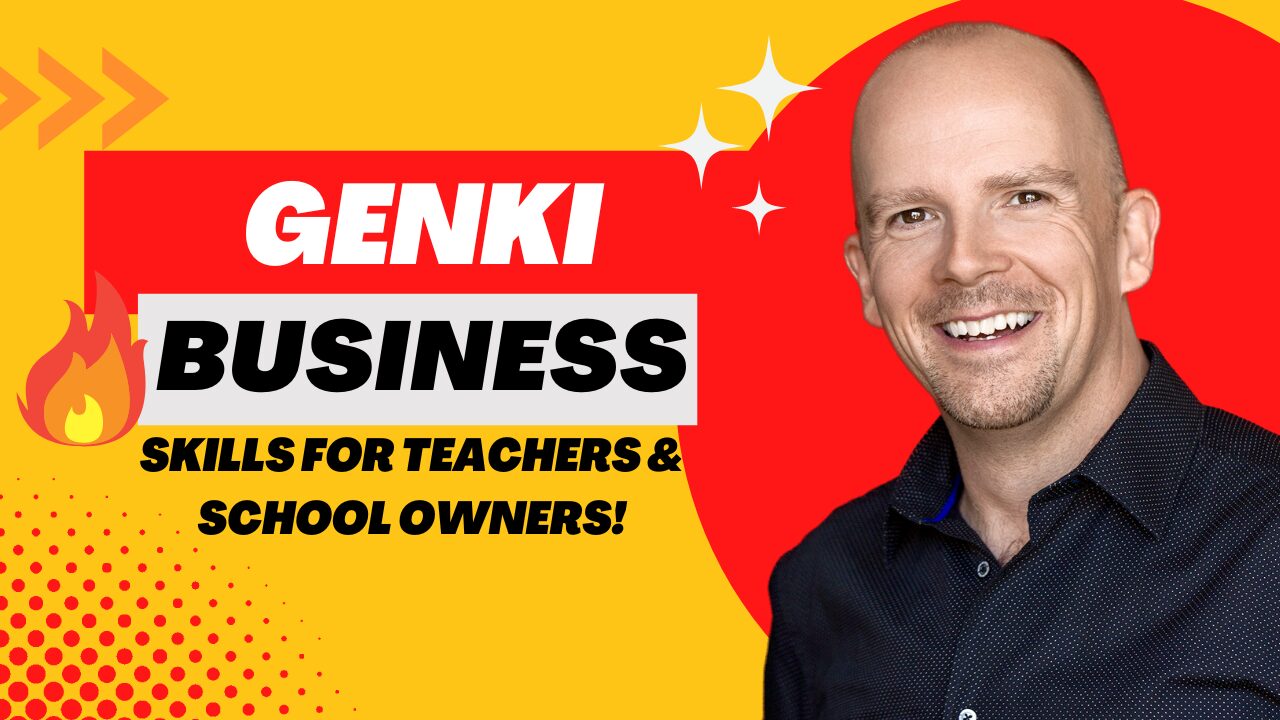If you don’t speak your students’ language you have two options 1) “Get by” or 2) “Get Fluent!”
You can “get by” with just gestures, picture cards etc. But … it will cause many, many misunderstandings and your students will not nearly progress as far.
Or the alternative is to “Get fluent.”
You already have a goal (the phrases you need to use in class) and the motivation (to make you a better teacher!) so if you are in country for more than 2 months, now is the time to take the bull by the horns and get fluent yourself! 🙂
Here’s how we’ll do it …
I’m going to start another series of posts on Getting Fluent Quickly just like I did with the Start your own school
Don’t worry, I’ll also tie in each one to some super teaching tips to really help with your classes.
Some things I hope to cover:
- Setting Goals
- Getting the mind set right
- “Cheating” tips the pros use
- Unknown advantages of getting fluent
- Common “myths” about getting fluent (e.g. the time it takes or what age is “best”- it’s probably not what you think!)
- Maybe a few interviews
Plus of course I’m sure lots of other things will crop up along the way.
So the first thing to get out of the way is…
What’s your definition of “fluent”?
As most of you know, I spend most of the year travelling and working in many different countries. My world is a world of language learners, people who have learnt a language in order to do something amazing in a different culture. It’s the means to an end, not the end in itself.
So, unlike the rest of the blog, this particular series will be written from modern *learners* point of view, not an academic or teaching point of view.
Hence the definition we’ll use is modern learner’s definition as being *practically* fluent i.e.
You can conduct your professional and private life without spoken language being a hinderance at all.
You can understand just about all of what goes on around you and you can express anything you wish in the target language.
Does that sound cool?
It doesn’t mean knowing *everything* in the foreign language. It means knowing what is important to *you*.
At Uni I could chat all day in French about Quantum Mechanics or open heart surgery (long story!) but ask me about 17th century philosophy in French and I’d have no idea!!!
But then again, I’ve got no idea about 17th century philosophy in English! 🙂
( It also doesn’t mean being perfect. Dude, just look at all the mistakes in this post, but I think you can say I’m just about a fluent English speaker. 😉 )
This isn’t “cheating”, it’s being smart.
You only have 70-80 years on the planet and there are waaaayy more difficult things we have to learn than languages.
So if you find yourself constantly not having enough time, this will help you enormously.
How long does it take?
This is the sort of level of fluency that you can achieve in just a few months.
Yep months, not years or decades. If you work smart! 🙂
(Ninja Tip: Notice no use of the word “study” or work “hard” in there 🙂 )
Don’t believe me?
Tim Ferriss shows how it takes 3 months.
Benny Lewis has done many languages in 3 months each.
Michel Thomas said 3 days.
And I see people literally everyday who have done this.
(Ninja Tip 2: If you want to add in writing, add an extra few months, depending on the language. Using the tools I’ll show in the series I was basically fluent in Japanese in 3 -4 months, but the kanji took another 9!!)
If you wanna join the cool kids’ club, we’d love to have you come along for the ride! 🙂
Be genki,
Richard
P.S. Ninja Teaching Tip: How does this definition of fluency fit in with your curriculum and lesson plans? Or maybe you have a different goal in mind? Does each part of each lesson help the kids progress towards this goal? Are there any ways you could trim or change your lessons to get there more quickly?
P.S. If you have any questions or things you’d like to see covered in this series, do let me know in the comments. Similarly if you think I’m wasting time doing this and want me to just get back to the teaching stuff, do let me know in the comments too! 🙂




Richard, great thread started. Look forward to reading the rest of this series.
Question to anyone: Do you think it is possible to become fluent in a language by taking only one lesson a week? If anyone has any good ideas, I would love to hear them!
Thanks Stephen. One lesson a week, no! But one lesson a week PLUS 5 minutes a day … you can do a *lot*!! 🙂
Richard,
yes, please continue! Great topic!
Stephen,
I agree with Richard.
This can be tough for a teacher though. For example I have 2 German students, they even just come twice a months. So, usually when we get together it needs 20 minutes to get back to where we were.
As their work at home is very different, I gave up on homework. And I talked many times to them about stopping the lesson, as I didn’t see a sense in them paying me without getting better (not speaking of getting fluent).
But they say they are happy this way. They want to see me, talk to me (even if it is in Japanese) about other countries and cultures, and do just a tiny little bit.
So, I finally gave in, and try not to push and punish myself anymore for not teaching them well.
Especially with adults there just are students who want something different out of the lesson than “fluency”, and I think that is okay, too.
With kids, however, there shouldn’T be any excuse for one hour per week anymore. There is the software, and there also sooooo many other fun things kids do anyway after school, so why not do them in English?!
Great idea, Richard. I am on board and looking forward to getting fluent in Czech 🙂 I find that I am just “getting by” at the moment and the most difficulty I have is explaining games, it takes a lot of time for the kids to “get it” and it is extremely confusing. It is sad because I tend not to use so many of the games because I simply can’t explain them!!
Also, it seems that parents don’t want me to speak any Czech to my kids, I avoid this by asking the kids “how do you say ___ in Czech?” to make sure they understand the theme or the vocab (it only works if I know how to say it in Czech!). I don’t know if this is a common problem with parents?
Finally, my “definition” of fluency is being able to say what you want to say in the language and my goal for my lessons is for my kids to tell me anything they want, I find that I have taught them what they want to say through the themes but when they come to make their own sentences, they forget everything and tell me in Czech! Also, don’t know if this is a common problem?
Thanks and I am looking forward to the rest of the series!
Lucy
Hi Lucy,
Yes, they are common problems to both questions! We always need to educate the parents before we educate the kids 🙂
Then with the second one, that’s where the teaching skill comes in of balancing pushing them just enough to try the sentences, but not so much that they give up. Once you get the games in class it will certainly help as they’ll automatically start answering without thinking then!
Great topic. Keep going, please.
Sounds too good to be true. I’ve been in Japan for 1.5 years and the best I can do is just get by…barely. I’m very interested in learning more. I often blame my poor ability to learn Japanese on my age…I’m 51. I know that’s just an excuse. No time…another excuse. Getting fluent sounds like the ticket for me.
Thanks Rodrigo.
And George, if you’d like me to work with you on the Japanese I’m more than happy to. Just keep in mind I’m very strict! 🙂
Dear Richard,
I’m very happy to see this new branch. I’m absolutely agree that we have sooo many other interesting and challenging things to complete during our 100 years lives except learning languages! But I love to communicate with people from different cultures and I see how cool it is, so I do want to show my students the way to become fluent in no time, so continue to write on the topic!
Hi Richard,
I’m very new to your site. I think this is a great topic. I would love to learn how to learn French (I’m in DRC) faster. I am teaching English but we also have native speakers teaching English as well. So is replying here all I need to do to get the blog posts? Thanks for all you do. This all sounds amazing.
Hi Peggy, for French I’d definitely recommend the Michel Thomas course!